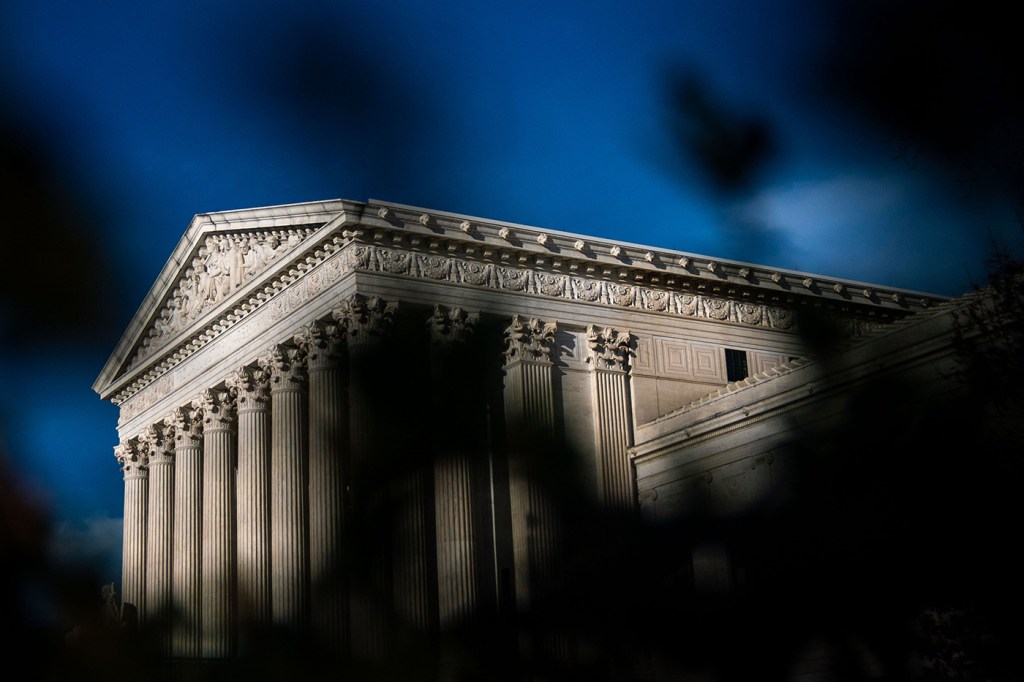The Supreme Court strikes down Biden’s student loan debt plan. Is this the end of debt forgiveness?

At long last, the Supreme Court has reached a verdict on President Joe Biden’s student loan debt forgiveness program.
On Friday, the high court ruled that Biden’s plan to forgive up to $20,000 in debt for borrowers who earned less than $125,000 per year, or $250,000 per household, violated the Constitution.
By a 6-3 vote along party lines, the conservative majority found that Biden overstepped his authority when his administration used the Higher Education Relief Opportunities for Students Act of 2003, or the HEROES Act, to try to erase more than $400 million in student debt.
Six conservative states (Arkansas, Iowa, Kansas, Missouri, Nebraska and South Carolina) challenged Biden’s debt forgiveness program, which would have provided relief to tens of millions of borrowers. That case was combined with a separate suit, brought by a pair of disgruntled borrowers, who didn’t qualify for maximum forgiveness under the Biden plan.
Does the decision signal the end of student loan forgiveness, or will the Biden administration find another way through?
Dan Urman, a constitutional law expert who teaches courses on the Supreme Court at Northeastern, suggested that Biden could try to reissue loan forgiveness using a decades-old law, which gives the Secretary of Education broad authority to “modify, compromise, waive or release” debt from student borrowers.
“The Biden administration could go through notice and comment rulemaking, and they could rely on the Higher Education Act of 1965,” Urman says.
But experts point out that the executive action authorized by the 1965 statute still requires congressional approval, and is limited to the specific terms spelled out in any associated legislation.
“The other thing they could try to do is pause, not cancel,” Urman says.
A pause on payments could be effectuated, in theory, for any length of time under a national emergency declaration, writes Mark Kantrowitz, an expert on student financial aid. The validity of the pause depends on the justification of the emergency declaration, he says.
Biden’s student loan relief plan was going to be a lifeline for many Americans.
Jonathan Petts, an attorney and co-founder of Upsolve
Biden’s student loan relief plan was going to be a lifeline for millions of Americans, who collectively owe some $1.6 trillion, says Jonathan Petts, an attorney and co-founder of Upsolve, a nonprofit that helps low-income families—including students—navigate bankruptcy.
“There is roughly $124 billion in student loan debt that’s already in default, and I think that’s likely to triple in upcoming years,” Petts tells Northeastern Global News. “Biden’s student loan relief plan was going to be a lifeline for many Americans.”
Petts says, in the current political climate, future prospects for debt relief seem grim.
“I’m skeptical that the Biden administration is going to be able to get anything done on student loan debt if this law is struck down,” Petts says. “The reason is because it’s going to require congressional action to make the lives of student loan borrowers better—and given how divided Congress is, I just don’t see.”
Tanner Stening is a Northeastern Global News reporter. Email him at t.stening@northeastern.edu. Follow him on Twitter @tstening90.






